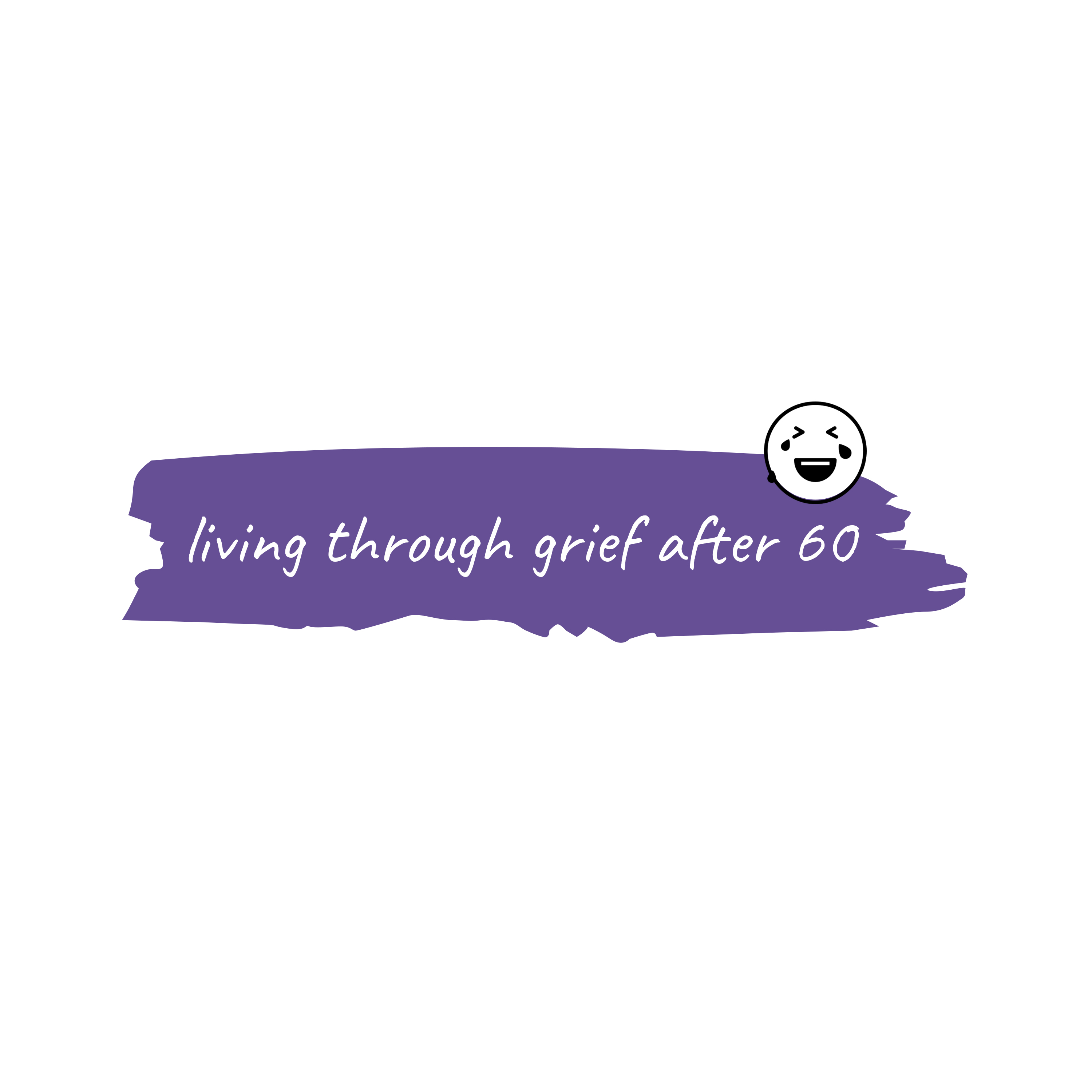This post may contain affiliate links, and I may earn compensation when you click on the links at no additional cost to you.
May is Mental Health Month. While society has come a long way in the nearly 80 years since Rosemary Kennedy was lobotomized for displaying symptoms of what may now be considered a behavioral disorder, the stigma remains the same. For more information on how much treatment for mental illness has changed, and what has remained unchanged, the reader is encouraged to read Rosemary: The Hidden Kennedy Daughter. Despite greater knowledge of the causes of mental illness and advanced and more humane treatments, people still feel more comfortable asking for help for physical illnesses than they do when they feel they do for symptoms of mental illness.
The World Health Organization (WHO) revealed in 2017 that seniors age 60 and over suffer from mental and physical disorders including depression,dementia, anxiety disorders, and overlooked or misdiagnosed substance abuse issues. WHO noted that because mental health problems are under-identified by health care professionals, seniors continue to be reluctant to seek help for mental health problems due to the stigma that continues into 2019.
I worked with clients who were diagnosed with mental health symptoms ranging from depression and schizophrenia to bipolar disorder and substance abuse problems. Occasionally, when a client started the Milwaukee County Behavioral Health Division Day Treatment program, they decided the program wasn’t for them within a week, and left the program; it can be considered a form of denial of their illness by leaving a program that could have helped them function in the community. I have also known Day Treatment clients who seemed OK on the outside, but something drove them to take their own lives.
Occasionally, I have run into former clients in my neighborhood and they seemed what we could consider “normal”; they reported they were doing well, living and working in the community, and taking their medication and taking advantage of therapy if needed. While I was working in the Day Treatment program, I participated in a support group called “Faith in Recovery”; I continue to be impressed at the insight on given topics of clients in which the members diagnosed with mental illness were as insightful about given topics as the professional staff were. I learned about the concept of “Procovery”, in which while someone never fully “recovers” from mental illness, they continue to function as they are at their particular level of recovery; they are able to live, work,and raise families in the community.
For a senior in their 60s and over, they lived with the perception that mental illness defines the whole person. Even today, communities will attempt to keep people with mental illness out of their neighborhoods, with the mantra, “Not in my backyard”. Every time there is a mass shooting, more often than not, it is reported that the shooter had mental health problems that were never addressed and probably ignored; the myth that people diagnosed with mental illness are violent is false continues to this day, adding to the stigma that persists about mental illness.
Seniors age 60 and older continue experience mental health symptoms because of the lack of experience and knowledge about mental illness on the part of their parents, doctors, and teachers. When the parents of children with mental health symptoms were told by their children’s teachers and neighbors that they were “misbehaving” or “acting out”, their parents may have brought them to doctors who did not know how to treat mental health symptoms; as a result, the parents had no choice but to enroll their children in “special education” classes because the teachers did not have the necessary knowledge about mental illness to work with them because they did not have the skills and experience to not only communicate with them, but also teach other students how to communicate with them. As a result, children displaying mental health symptoms only interacted with students with similar problems; as a result, the students only interacted with children with similar symptoms and were separated from children who did not have these symptoms. Teachers did not know the difference between “kids being kids” and a more serious behavioral problem that a child exhbited.
I have found that mental health patients, like those with symptoms of physical illnesses, with a support system is as much likely to get through the day to day challenges of their illness, whether it is has physical or emotional. It has only been within the last 40 years that there has been a greater understanding on how to treat depression, bipolar disorder, and depression. Penzo and Harvey found in 2008 that while parents of children with mental illness struggle with grief and loss, a collaboration between parents and clinicians can result in more effective treatment for their children.
For more information on what can be done to offset the effects of mental illness, including dementia and physical and financial stressors that can ultimately lead to depression if left unchecked due stigma that continues to be associated with mental illness,you are encouraged to read Brain Health as You Age: A Practical Guide to Maintenance and Prevention. It would do well to continue to encourage people with a mental health diagnosis, regardless of age, to live, work, and raise families in the community. It is highly recommended that families take advantage of support groups such as those offered by the National Alliance on Mental Illness that are run by facilitators or family members with a history of mental illness. It is encouraged that social workers, psychologists, psychiatrists and teachers receive training on the causes of mental illness and given the tools to help the patients and students that come to them for help. Insurance should make payment for mental health services as much a part of their policy as they currently do for patients exhibiting symptoms of physical illnesses. If these steps are taken, then seniors 60 and over (and younger) will feel encouraged to seek help for mental health symptoms,finally removing the stigma once and for all.

